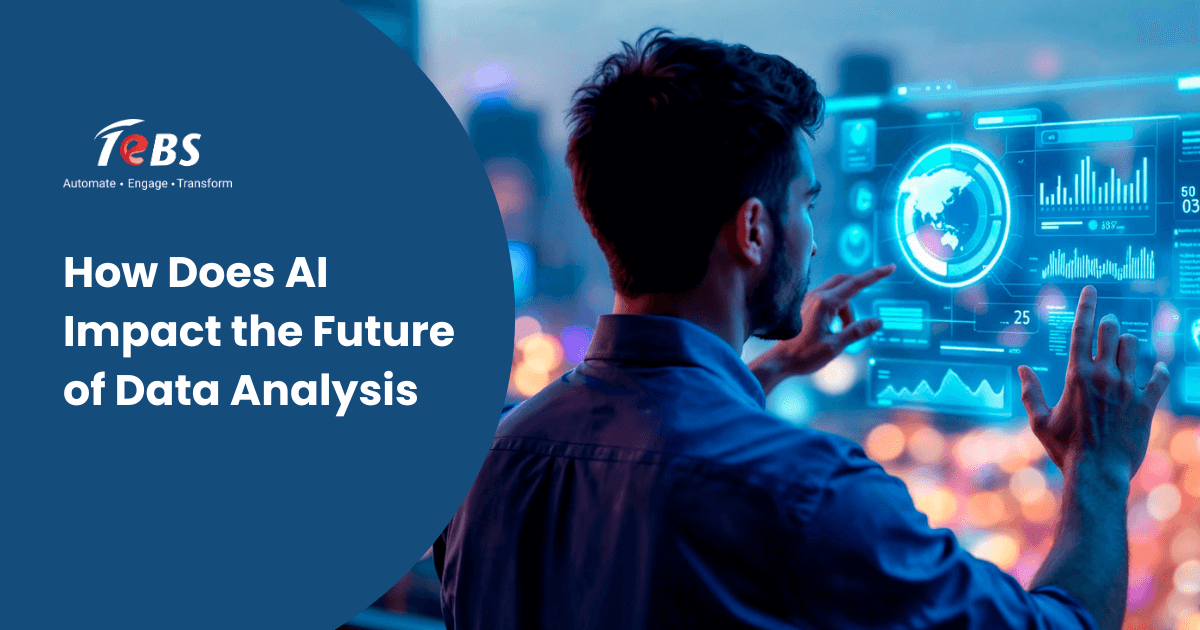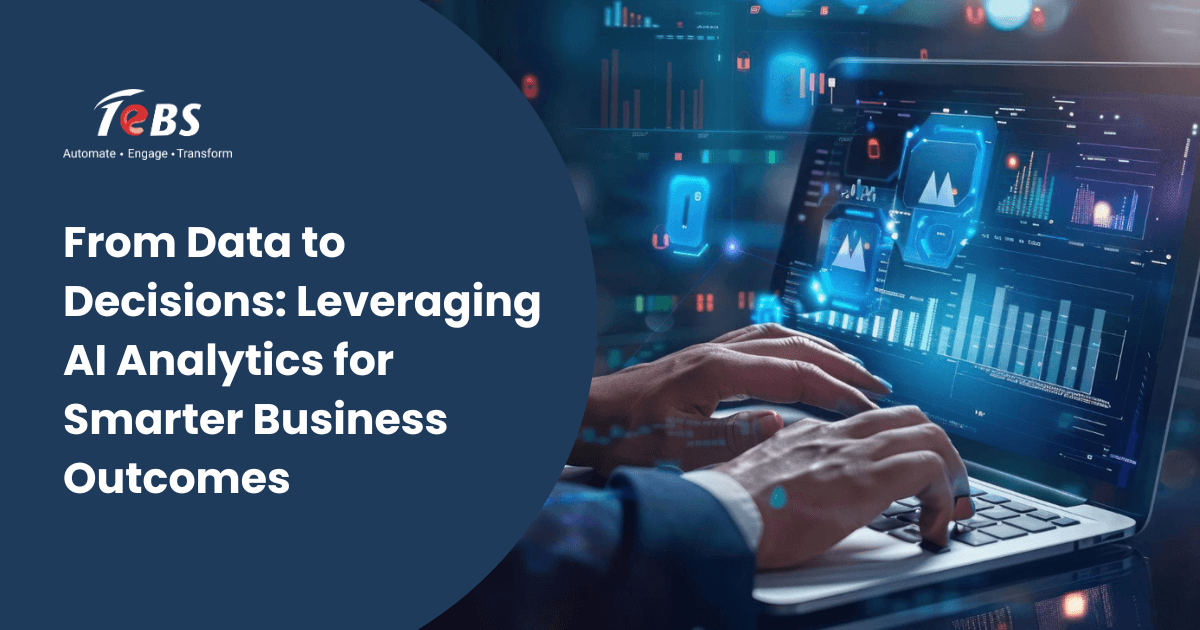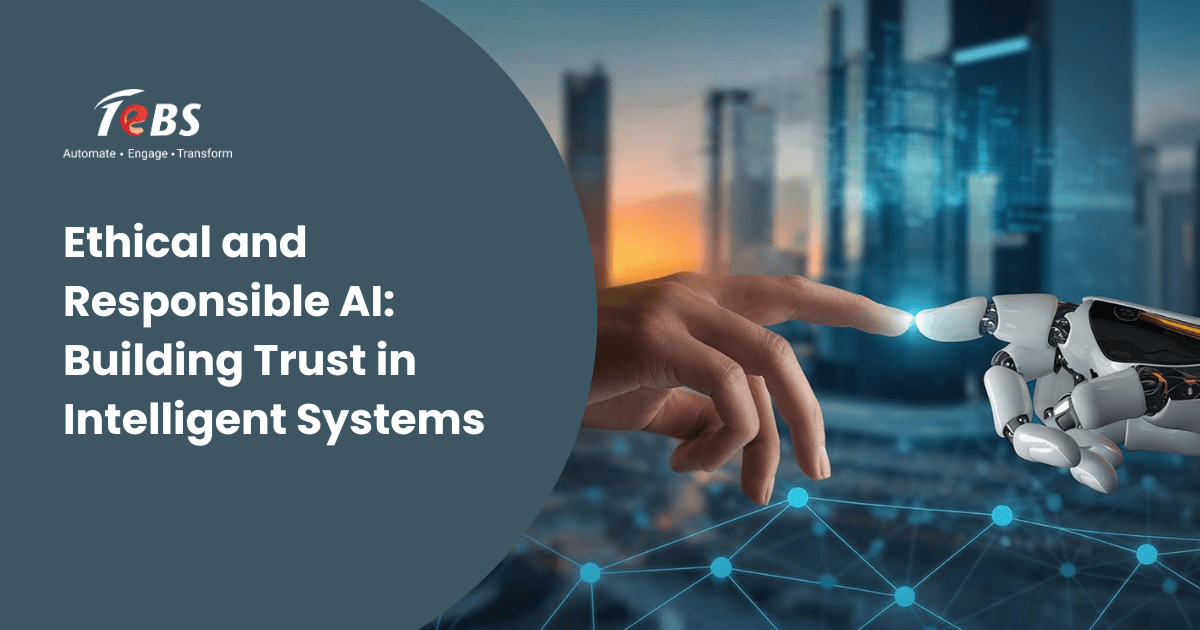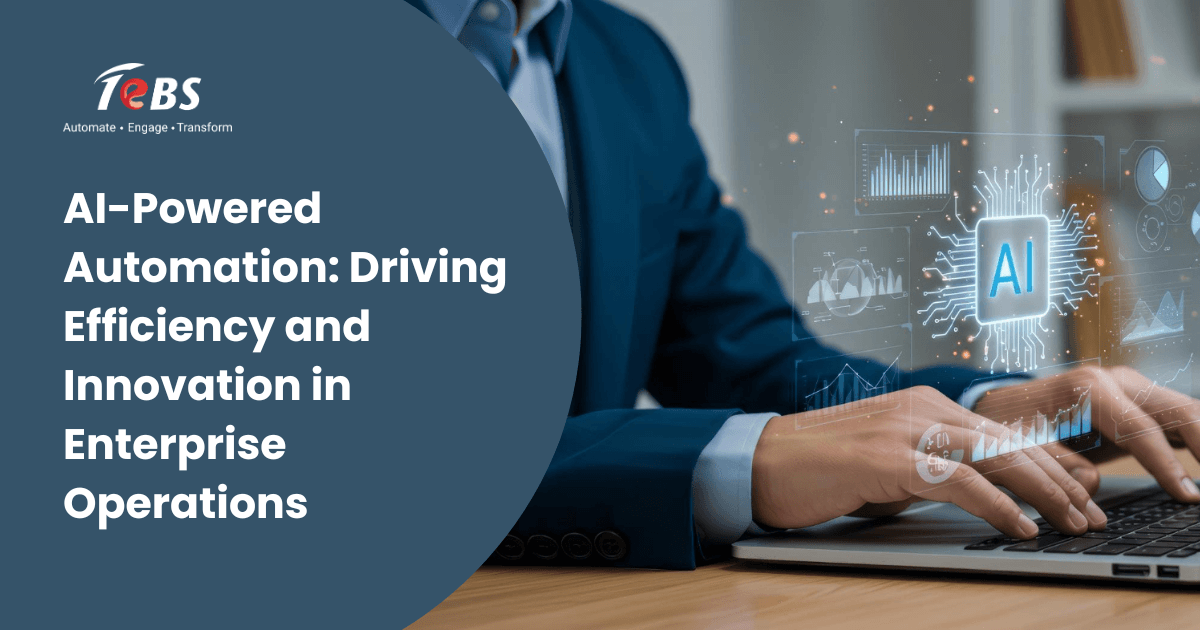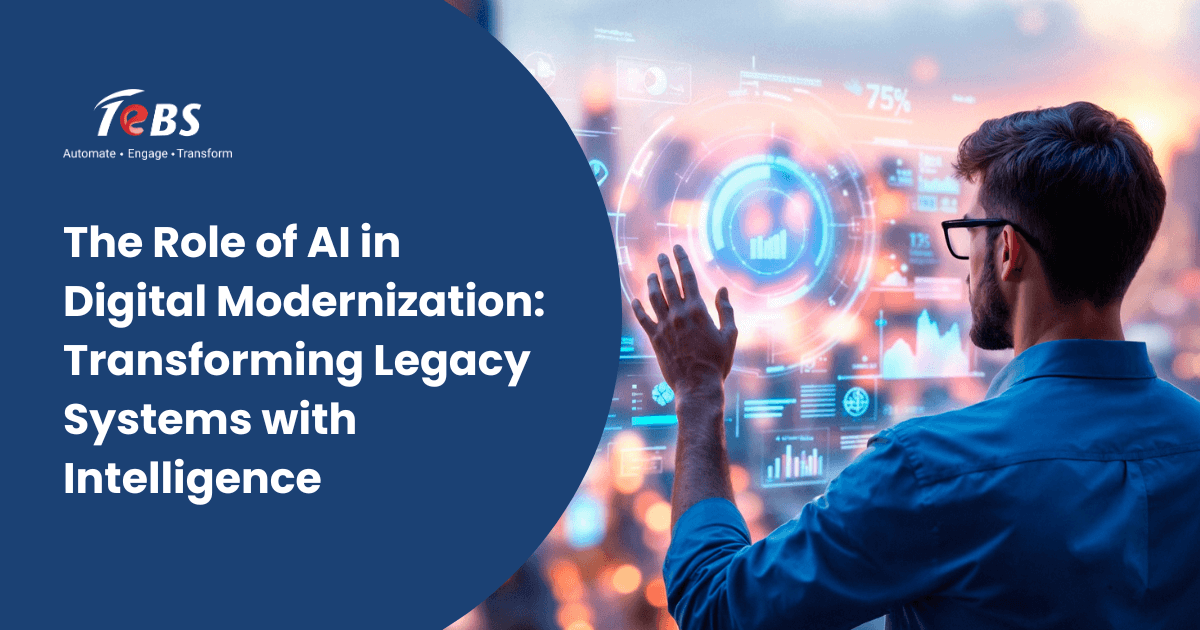Artificial Intelligence (AI) is transforming the way organizations handle, interpret, and act upon data. The explosion of digital information across industries demands smarter, faster, and more efficient approaches to data analysis.
AI offers the ability to process vast volumes of data, identify patterns, and generate actionable insights at a scale and speed impossible for human analysts alone. Businesses are now leveraging AI not only to enhance decision-making but also to gain a competitive edge in increasingly data-driven markets.
From automation of repetitive tasks to advanced predictive analytics, AI has become a cornerstone of modern data strategies. As enterprises continue to invest in AI technologies, understanding its role in shaping the future of data analysis becomes critical.
Overview of AI’s Role in Data Analysis
AI plays a pivotal role in redefining how organizations interact with data. Traditionally, data analysis involved manual processing, statistical modeling, and human interpretation. While these methods are still relevant, they are limited when dealing with large-scale datasets generated by today’s digital ecosystem.
AI introduces algorithms that can learn from data and improve over time. Machine Learning (ML), a subset of AI, enables systems to detect hidden patterns, correlations, and anomalies without explicit programming. Natural Language Processing (NLP) further enhances the ability to analyze unstructured data such as customer feedback, documents, and social media posts.
In practical terms, AI acts as an intelligent assistant for data analysts. It handles repetitive data preparation tasks, recommends relevant analytical models, and surfaces insights that might be missed through traditional approaches. As a result, analysts and business leaders can focus on interpreting the implications of the data rather than being consumed by time-intensive processing.
Automation and Speed in Data Processing
One of the most significant benefits AI brings to data analysis is automation. Data preparation, cleaning, and transformation often consume the majority of analysts’ time. AI-driven tools can automate these processes, ensuring that data is properly structured and ready for analysis without manual intervention.
AI also accelerates data processing speeds. For instance, AI-powered systems can analyze millions of transactions in seconds, enabling near real-time analytics. This speed is particularly valuable in industries such as finance, healthcare, and retail where timely insights can influence strategic decisions.
The automation provided by AI automation solution also supports continuous analytics. Instead of relying on periodic reporting cycles, organizations can maintain live dashboards that refresh insights as new data becomes available. This capability ensures decision-makers always have access to the most up-to-date information, improving agility and responsiveness.
Enhanced Accuracy and Predictive Capabilities
Accuracy is essential in data analysis because flawed insights can lead to costly mistakes. AI enhances accuracy through advanced algorithms that minimize human error and bias in data interpretation. Unlike manual methods that may be influenced by subjective judgment, AI systems apply consistent logic to data evaluation.
Predictive analytics is another area where AI excels. By analyzing historical data and identifying trends, AI models can forecast future outcomes with remarkable precision. For example, predictive algorithms in retail can anticipate customer demand, optimize inventory levels, and reduce waste. In manufacturing, predictive maintenance models can identify equipment failures before they happen, avoiding downtime and reducing operational costs.
Moreover, AI can process complex, multi-dimensional data sets that would be impractical for manual analysis. These capabilities open the door to more sophisticated models for risk assessment, fraud detection, and customer behavior prediction.
TeBS has demonstrated this through its work on enhancing search efficiency with AI-powered document processing, where automated analysis improved accuracy and speed in complex data environments.
Transformation of Business Intelligence
Business Intelligence (BI) has evolved significantly with the integration of AI. Traditionally, BI relied on historical data and static reporting to inform business decisions. AI expands this capability by enabling dynamic, forward-looking insights that adapt as new information becomes available.
AI-powered BI platforms use natural language queries, allowing users to ask questions in plain language and receive instant, relevant answers. These tools democratize data access, enabling non-technical employees to explore insights without relying solely on analysts.Another transformation lies in augmented analytics. AI not only analyzes data but also explains its findings through automated storytelling. It highlights key metrics, trends, and anomalies in ways that are accessible to decision-makers, increasing the overall effectiveness of BI initiatives.
By integrating data AI business analytics with power BI tools, organizations can shift from descriptive to prescriptive analytics – understanding what happened—to prescriptive analytics—identifying the best actions to take moving forward.
Ethical and Practical Challenges
While AI offers transformative benefits, it also introduces ethical and practical challenges in data analysis. One major concern is bias in AI algorithms. If the training data contains historical biases, AI models may perpetuate or even amplify these issues, leading to unfair or discriminatory outcomes.
Data privacy is another critical consideration. AI systems often require access to vast amounts of sensitive information. Organizations must ensure compliance with data protection regulations and implement robust security measures to safeguard this data.
From a practical standpoint, the complexity of AI technology can present adoption barriers. Implementing AI-driven data analysis requires skilled professionals who understand both data science and the business context. There is also the challenge of integrating AI systems with existing data infrastructures without disrupting operations.
To address these challenges, organizations must establish clear governance frameworks, invest in transparency and explainability of AI models, and ensure responsible data usage that aligns with ethical standards.
Long-Term Implications on Data Strategies
AI is not simply a tool to enhance existing data analysis methods—it is reshaping entire data strategies. In the long term, organizations will increasingly design their data infrastructures with AI in mind from the outset.
This shift will lead to greater emphasis on data quality and integration. AI’s effectiveness depends on the quality of the data it processes, so enterprises will invest more in cleansing, enriching, and standardizing data sources. Additionally, cloud-based platforms will play a central role in enabling scalable AI-driven analytics.
AI will also influence talent strategies. While some traditional analyst roles may evolve or diminish, new positions will emerge focused on AI model development, governance, and oversight. The collaboration between human expertise and AI capabilities will become a defining feature of modern analytics teams.
Furthermore, AI will drive the move toward more proactive and adaptive analytics strategies. Instead of relying on retrospective analysis, organizations will increasingly use AI to anticipate changes, simulate scenarios, and guide decisions in real time.
According to Microsoft, the fusion of AI and data management is leading to smarter platforms that improve data governance, automate quality checks, and accelerate decision-making
Conclusion
AI is fundamentally transforming the future of data analysis. It enables faster processing, improved accuracy, and deeper insights that go beyond the limitations of traditional methods. Businesses are moving toward real-time, predictive, and prescriptive analytics that empower leaders to make informed decisions with confidence.
However, these opportunities come with responsibilities. Organizations must navigate ethical considerations, protect data privacy, and ensure that AI models are transparent and fair. They must also adapt their data strategies, invest in the right talent, and foster collaboration between AI technologies and human expertise.
The integration of AI Service into data analysis is no longer a future possibility—it is a present reality shaping the competitive landscape. Organizations that embrace AI strategically will be positioned to unlock unprecedented value from their data and drive sustainable growth.
If your organization is looking to harness the power of AI to transform data analysis, Total eBiz Solutions can help you design and implement AI-driven analytics strategies tailored to your business needs. Contact us at [email protected] to explore how our expertise can accelerate your journey toward intelligent, data-driven decision-making.
Frequently asked questions
How is AI changing the role of data analysts?
AI reduces manual workloads like data cleaning and preparation, allowing analysts to focus on higher-value tasks such as interpreting insights, guiding strategy, and advising on business decisions.
What are the benefits of using AI in data analysis?
AI enables faster data processing, automation of repetitive tasks, enhanced accuracy, predictive analytics, and real-time insights. These benefits improve decision-making and overall business agility.
Can AI improve accuracy in business intelligence?
Yes. AI applies consistent logic to data interpretation, reducing human error and bias. It strengthens predictive capabilities and ensures that BI reports and insights are more precise and reliable.
What are the ethical challenges of AI in data analysis?
Key challenges include algorithmic bias, data privacy concerns, lack of transparency in AI models, and ensuring compliance with regulations. Organizations must adopt governance frameworks to address these risks responsibly.
How will AI shape the future of business data strategies?
AI will drive real-time, proactive, and adaptive data strategies. Businesses will invest more in data quality, AI-ready infrastructures, governance, and talent that can integrate AI into long-term strategic decision-making.

